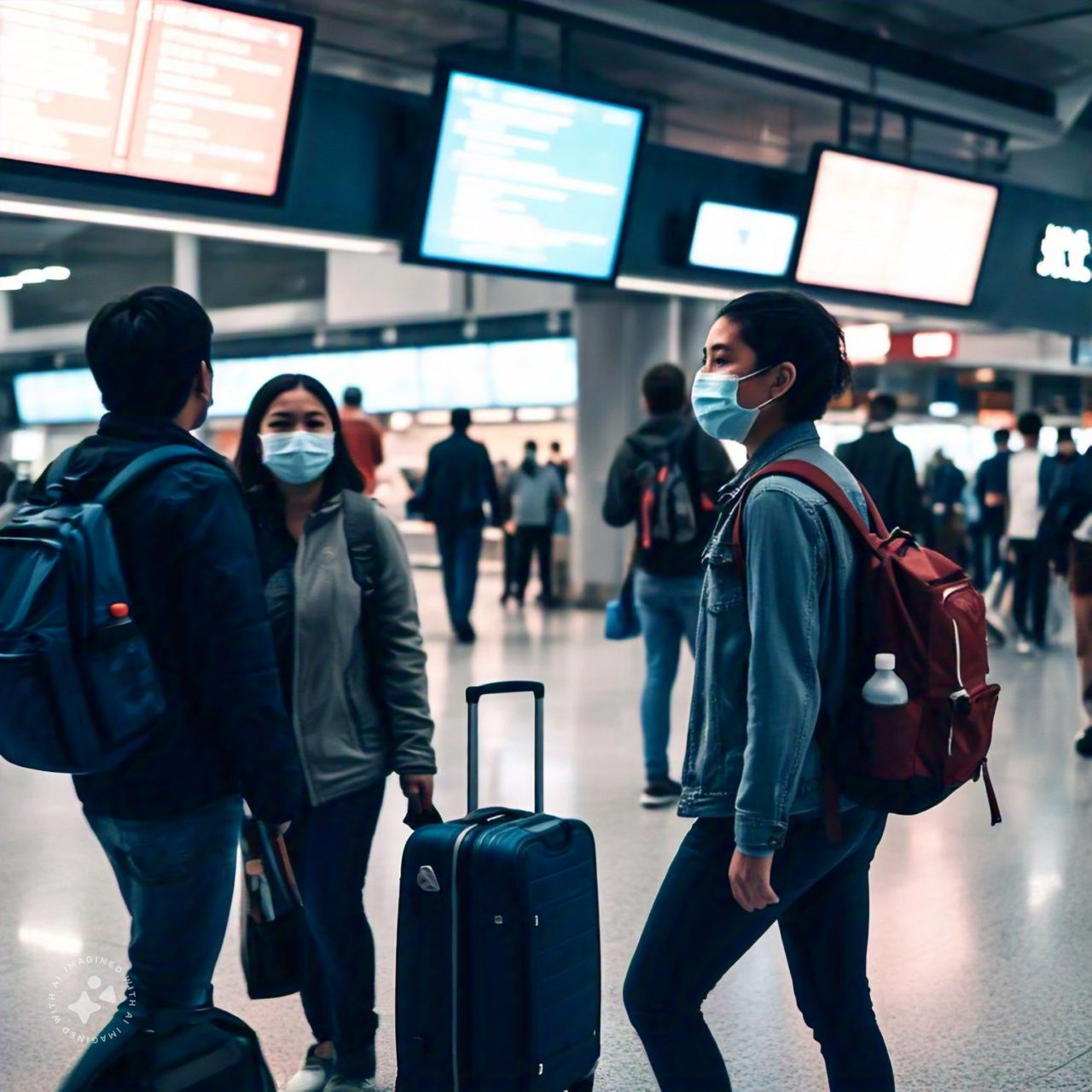
International Vaccinations 2024: What You Need to Know Before Traveling
A comprehensive guide to mandatory, recommended, and updated vaccines, including COVID-19, to ensure a safe and hassle-free journey.
1. Routine Vaccines
Before traveling, ensure your routine vaccines are up-to-date. These usually include:
- MMR (Measles, Mumps, and Rubella): Measles is highly contagious, and outbreaks have been reported in various regions. Immunization is crucial.
- Diphtheria, Tetanus, and Pertussis: These diseases can be severe, and vaccination offers effective protection.
2. Mandatory Vaccines by Country
Some countries require specific vaccines for entry:
- Yellow Fever: Mandatory for entry into countries in Africa and South America. For example, Brazil requires proof of vaccination from travelers coming from Colombia. (exteriores.gob.es)
- Meningococcal (ACWY): Saudi Arabia mandates this vaccine for pilgrims performing Hajj or Umrah. (vacunasaep.org)
3. Recommended Vaccines by Destination
Depending on the region and planned activities, the following vaccines are advised:
- Hepatitis A and B: Recommended for travel to areas with high incidence rates, such as parts of Asia, Africa, and Latin America.
- Typhoid Fever: Suggested for destinations with poor sanitation conditions, commonly found in some parts of Asia and Africa.
- Rabies: Consider this vaccine if you will have close contact with animals in rural areas or participate in outdoor activities in regions where rabies is endemic.
- Japanese Encephalitis: Recommended for extended stays in rural areas of Asia where the disease is prevalent.
4. COVID-19 Vaccines
While COVID-19 restrictions have eased, some countries may still require vaccination proof or negative tests:
- United States: Accepts vaccines approved by the FDA or listed for emergency use by the WHO. (elmanana.com.mx)
- Canada and Australia: Require full vaccination schedules with locally approved vaccines.
5. Key Considerations
- International Vaccination Certificate: Some vaccines, like yellow fever, require an international certificate, which may be requested upon entry to certain countries.
- Advance Planning: Visit an international vaccination center at least 4 to 6 weeks before your trip to receive necessary vaccines and allow time for immunity to develop.
- Updated Requirements: Vaccination requirements can change. Always check with embassies or consulates of the destination country for the latest updates before traveling.
6. Impact on Travel
Failure to meet vaccination requirements can result in:
- Denied Entry: Some countries will not allow entry without mandatory vaccines.
- Quarantines or Restrictions: You may face quarantine or movement restrictions if you are not vaccinated according to the regulations of the destination country.
7. Final Recommendations
- Medical Consultation: Visit a healthcare professional specializing in travel medicine for personalized advice.
- Documentation: Carry necessary vaccination certificates and ensure they are valid.
- Additional Prevention: Along with vaccinations, adopt preventive measures such as using insect repellents, drinking potable water, and practicing good hygiene during your trip.
Being well-informed and prepared regarding the required vaccines not only protects your health but also ensures a smooth travel experience free of international health-related disruptions.











LEAVE A COMMENT: